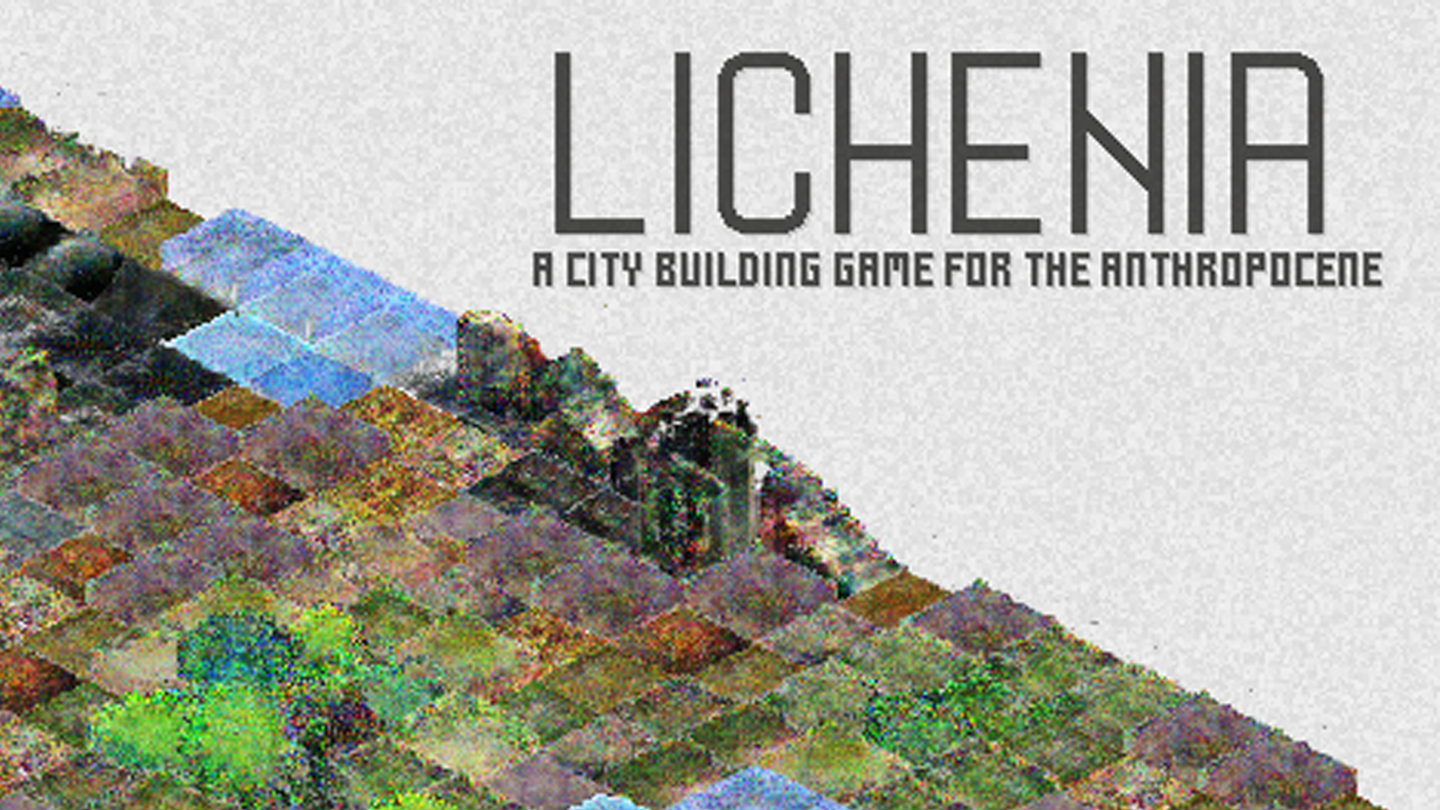Computer games can make a world - these ones aim clearly to make a better (or at least a less aggressive) world
Billions are playing computer games across the planet, propelling generations of players to think of life as a rule-set, a display of avatars, a set of currencies and gains of different value - and perhaps seeking to change the world by making their own rule-sets (see our co-initiator Pat Kane’s substack on this).
So it’s worth keeping an eye out for computer games that challenge their users’ conventional understanding (ie, more than militaristic shoot-em-ups), by creating intriguing worlds to interact with and explore.
This week, we had some leads from wildly different sources. First from Red Pepper, a feature on how thinking critically about architecture helps us think about games too. It began by comparing a new crop of games to one of the most notorious:
As pernicious as games like Call of Duty are, there are games that use space to articulate a more progressive, even radical, political vision. If Call of Duty can use its field of potential to alienate the player from their environment, others can use theirs to immerse the player within them.
I’m reminded of Infinite Fall’s Night in the Woods. Set in a declining American mining town, Possum Springs, the game features the kind of ‘traditional’ working-class communities that have become an object of fascination with the liberal commentariat on both sides of the Atlantic. Such coverage often has the effect of mystifying such communities behind a haze of half-baked analyses (what will win Labour back the ‘red wall’ etc).
From Night In The Woods
By contrast, we see Possum Springs through the eyes of Mae, a college dropout with little to do but wander around her old hometown and jot down her observations with an endearing sardonic wit. Possum Springs is designed to be explored, which in turn enables the game to muse on the plight of deindustrialised communities in a manner more amenable than a New York Times think piece.
Another refreshing example is Disco Elysium’s setting of Revachol, a city scarred by a failed communist revolution and years of capitalist neglect and repression. The game centres itself on dialogue and exploration, and many of the most memorable interactions occur not with other characters, but aspects of the environment.
The city of Revachol, from Disco Elysium
These include an encounter with a wall scarred by bullet holes from a mass execution decades ago, or the failed hopes that haunt the doomed commercial district. Where the Team Player level in Call of Duty attempts to obfuscate injustice through spatial design, Disco Elysium uses space to actively call attention to it.
As video games continue to evolve, it is inevitable that aspects of their design will bleed into other mediums. And with companies like Roblox and Facebook (sorry, ‘Meta’) looking to make fortunes as platforms for creating and hosting digital spaces, it is imperative that we interrogate the meaning and messages encoded into them.
There is power in the way we build our spaces, and that power is no less diminished when they are built from code instead of brick and mortar.
Our second lead comes from the FT’s superb gaming correspondent, Tom Faber, who is also interested in how games can help us occupy convincing (even if alternative and futuristic worlds), the experience sharpening our citizens’ instincts (FT piece here). He begins the point by comparing new games to an old classic many of us will remember from childhood:
The most troublesome aspect of SimCity and Cities: Skylines is their approach to the environment — nature is nothing more than a resource to be plundered.
Some city-builders offer alternative perspectives
The forthcoming Terra Nil is a rewilding game in which you use ecological principles to spread riotous greenery over a brown wasteland.
Timberborn is set in a post-human world where sentient beavers engineer societies and naturally look adorable chopping down lumber with their little teeth.
Meanwhile political game-maker Paolo Pedercini’s Lichenia operates like a commentary on all the rest. You must restore a polluted wasteland to health, but it is unclear exactly how your actions impact the environment.
The game revels in obscurity, stripping the player of their illusions of control and mastery. In doing so, Pedercini questions how humans have built upon the world, and how we reflect these ideas in our games. A haunting monologue runs along the screen as you play, at one point asking: “Were we just building more ruins all along?”



